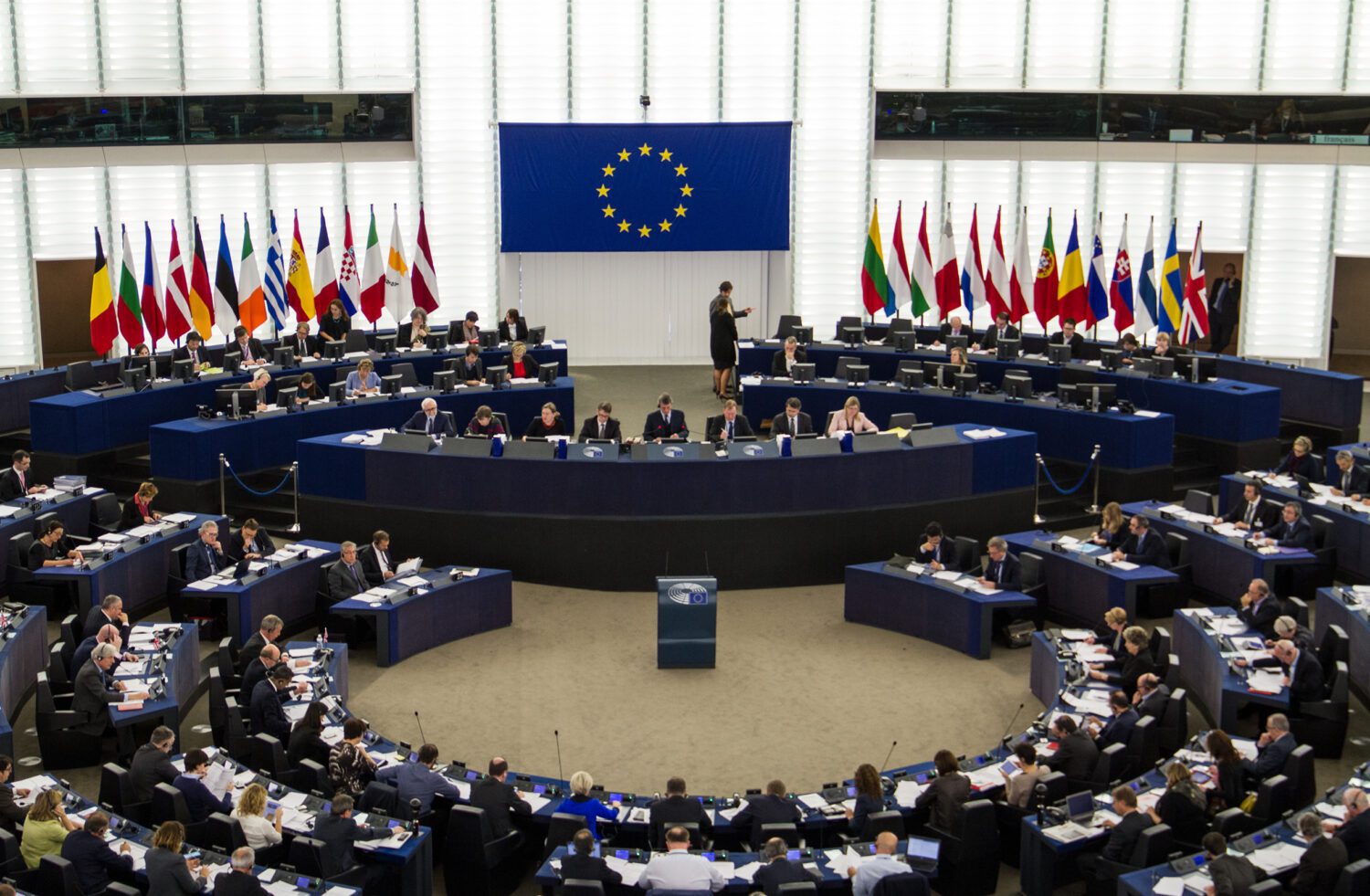The European Union is debating ways to keep auto-manufacturers from moving production to the U.S. According to a Reuters report, regulators recently asked member nations to provide numbers demonstrating the impact of relocation, after leaders began to publicly criticize North America’s new trade policies.
Earlier this year, the Biden Administration succeeded in passing legislation to achieve its climate change and clean energy goals. Included in the laws were tax incentives promoting EV production, with the caveat that the cars had to be manufactured in the U.S. Overseas auto-manufacturers reacted swiftly, announcing a flurry of new facilities and factories across the states.
 |
However, policy makers in the Europe and Asia began to raise red flags over the new incentives, expressing concerns that it would impact international trade. Although evidence of this remains scarce, there have been some worrying developments. For instance, a massive deal between US-based EV-maker Rivian and Germany-based Mercedes Benz was abruptly cancelled earlier this month. For now it is unlikely that their critiques will lead to a change in U.S. policy. Knowing this, political leaders have deliberated over ways to keep auto-manufacturers from abandoning their home countries.
They may be unlikely to find a solution anytime soon, however. In their questionnaire, the regulators asked EU lawmakers if additional investments and relaxed regulations would help their countries hold onto auto-manufacturers. Multiple member states are loathe to spend more money on the auto-industry, which is heavily subsidized across the globe. Supply chain constraints on gas and weapons supplies for Ukraine have also strained budgets for many governments. While responses to the questions have yet to be published, it is unlikely to offer a unanimously agreed-to solution.
Did you enjoy this article? Please share your thoughts, comments, or questions regarding this topic by connecting with us at newsroom@cbtnews.com.
Be sure to follow us on Facebook, LinkedIn, and TikTok to stay up to date.
While you’re here, don’t forget to subscribe to our email newsletter for all the latest auto industry news from CBT News.




